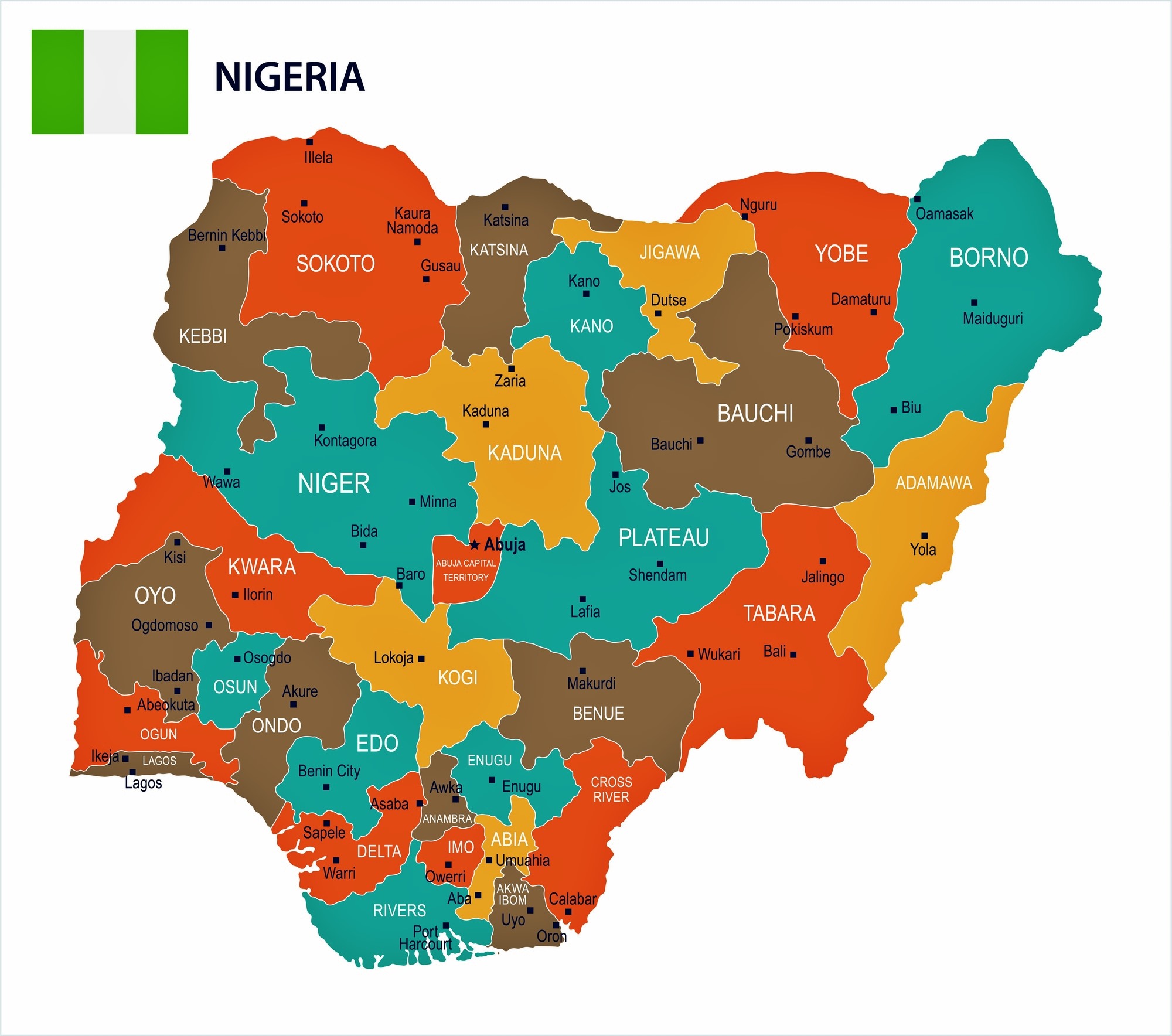Inequity & inequality are root of our societal woes
As we grapple with the myriad of challenges facing our nation, it’s essential to acknowledge the fundamental flaws that underlie our problems. Inequity and inequality are the twin pillars that support our societal woes, and until we address these issues head-on, meaningful change will remain elusive. We must scrutinise the path to power taken by […]

Nigeria map
As we grapple with the myriad of challenges facing our nation, it’s essential to acknowledge the fundamental flaws that underlie our problems. Inequity and inequality are the twin pillars that support our societal woes, and until we address these issues head-on, meaningful change will remain elusive.
We must scrutinise the path to power taken by our leaders. Have they risen to their positions through merit, or have they been bolstered by corruption and other dubious means? Similarly, how did our armed forces and other law enforcement agents secure their jobs? Was it through competence, or did they rely on personal connections and, at times, outright bribery? It’s not just the ruling elite that must be held accountable; we, the masses, must also examine our own complicity in perpetuating these systems of oppression.
Our civil and public service systems are riddled with nepotism and corruption. In our leadership recruitment process, we prioritise individuals with wealth over those with innovative ideas, and even religious leaders often support the wealthy over the righteous. Our judicial system is compromised by corruption and bias, while public decisions are driven by selfish interests and ethno-religious sentiments. It’s a vicious cycle that feeds on itself, perpetuating injustice and inequality.
Even our religions, which we claim to follow, are often used as a tool for self-aggrandisement rather than as a means of promoting social justice. We must ask ourselves if we are genuinely adhering to the principles of our faiths or if we are using them to justify our own selfish desires.
- Farmer: I earn N7m annually from growing tomato, pepper
- Slain officers: ‘You’ve murdered peace’, IGP orders IMN sponsors’ manhunt
We must realise that our problems are not isolated incidents but rather a collective mess that has been created and sustained over time. The ceaseless loss of lives, including that of the Emir of Gobir and hundreds of thousands of Nigerians, is a stark reminder of the consequences of our actions. We must take note of the fact that all of us are victims in waiting, whether directly or indirectly. It is only a matter of time unless we address the two twin evils that we comfortably and collectively birth, nurture, and sustain.
As the revered Sheikh Usman Danfodiyo so sagaciously observed, “A nation can thrive in unbelief (in God). (However) no nation will thrive in injustice (with the most religious rulers and people).” It’s time for us to recognise that our problems are rooted in our corrupt systems and that nothing will change until we fertilise our land with equity and equality.
We can no longer continue to plant sorghum and expect to harvest groundnuts. We must take responsibility for our actions and work towards creating a more just and equitable society. This requires a fundamental shift in our values and priorities, as well as a willingness to challenge the status quo. Until we do so, we will continue to struggle with the same issues that plague us today.
It is time for us to stop deceiving ourselves and acknowledge that our problems are rooted in our corrupt systems. We must work towards creating a more just and equitable society where everyone has an equal opportunity to thrive. It is time for us to take action and create a better future for ourselves and future generations.
Comrade Muhammed Ishaq wrote from Bauchi.
